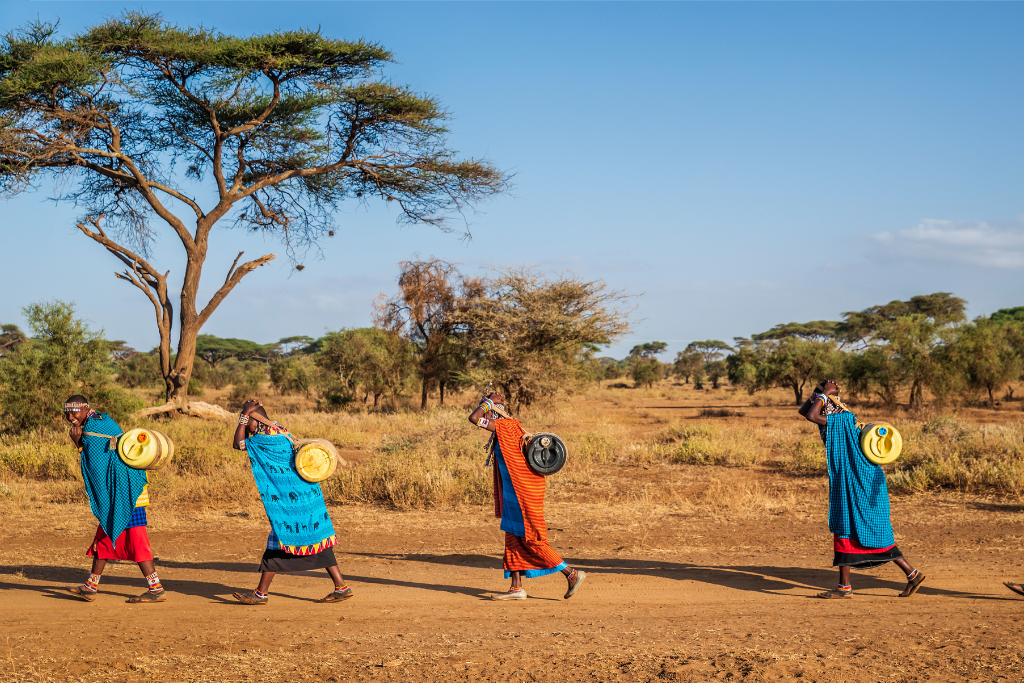A senior environmental expert from the Economic Commission for Africa (ECA), Linus Mofor has said that economies in Africa are losing 5 per cent of their Gross Domestic Product (GDP) due to the impact of climate change.
Mofor made this known during a virtual meeting on ‘partnerships for tools and capacities to integrate climate resilience in investments for the SDGs,’ organised on the margins of the Eighth Africa Regional Forum on Sustainable Development (ARFSD8).
AFRI-RES is a partnership between the Africa Union, African Development Bank, the United Nations Economic Commission for Africa (ECA), and the World Bank Group that was established with support from the Nordic Development Fund (NDF).
The partnership seeks to set up an Africa-based centre of technical competence and excellence to assist governments, planners and private developers in Africa to integrate climate change in project planning and design, thereby attracting funding from both development and climate finance sources.
According to Mofor, Africa stands as the most affected continent in terms of climate change, although the continent represents just 17 per cent of the world’s population and emits just 4 per cent of global pollution.
Read also: Cop27: Activists raise concerns over inclusivity as Egypt increases hotel prices
Mofor explained that African countries have shown “great leadership” on climate action, adding that “all but two African countries have ratified the Paris Agreement with ambitious NDCs requiring up to USD 3 trillion for implementation.”
He said that there was the need for significant investments to be made on African youth SMEs as part of measures to turn them into successful and impactful global businesses that address climate change issues.
Also speaking during the meeting, prof. Ken Strzepek, Industrial Economics Inc said that the issue on how to provide Africa with adequate tools and capacities to build an integral climate-resilient Africa should be addressed with actions.
Other panellists during the meeting were representatives from the African Union, the African Development Bank and the World Bank Group, who all noted that African countries must be supported with the tools and capacities needed to integrate climate resilience in the huge investments needed to close development gaps, in the absence of global concerted action on keeping warming at below 1.5 degrees.
Story was adapted from Business Day.
